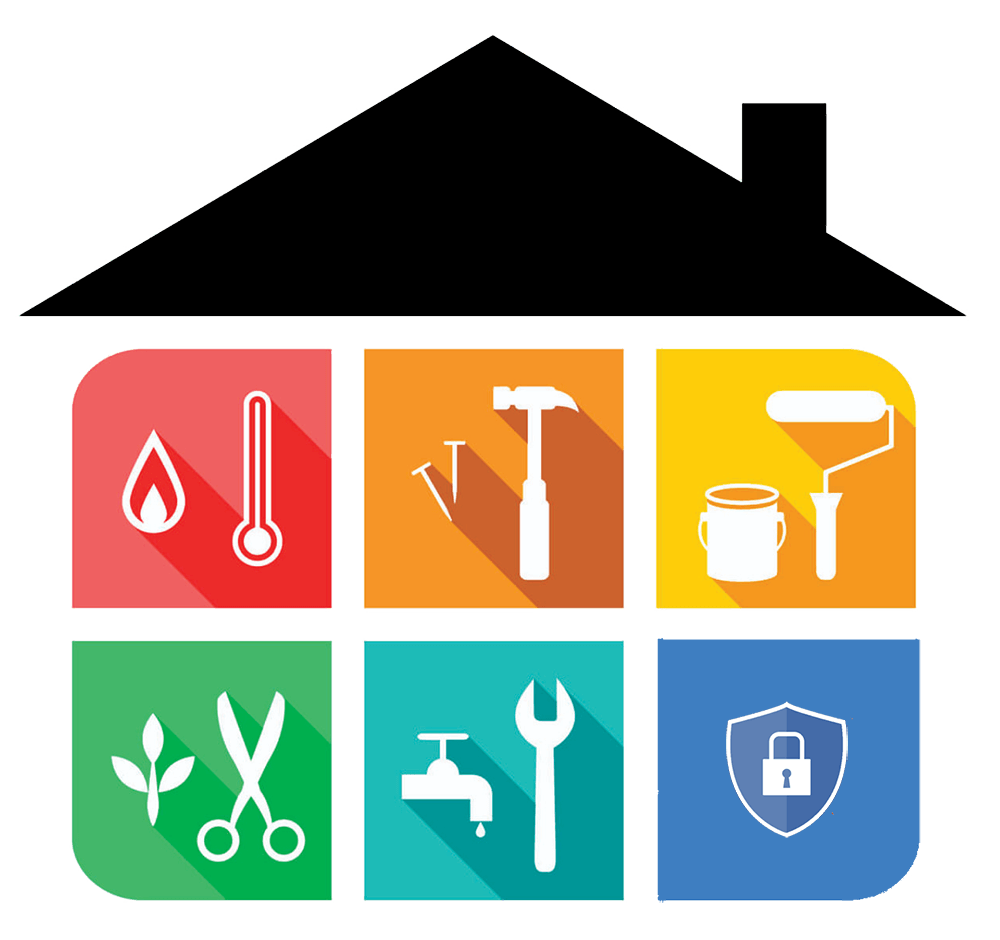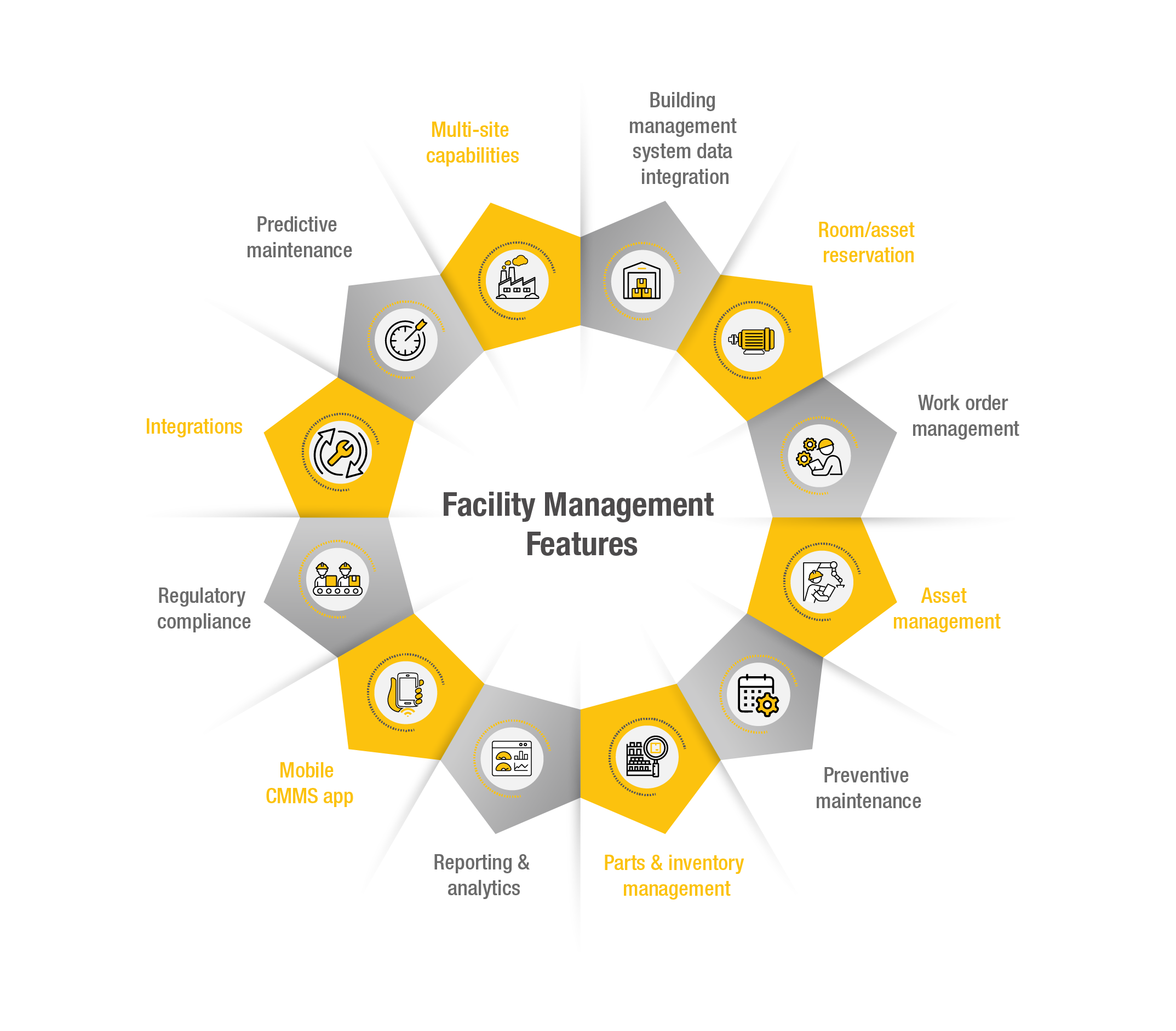How Facility Management Enhances Workplace Efficiency
How Facility Management Enhances Workplace Efficiency
Blog Article
Trick Trends Forming the Future of Center Administration in 2024
As we look in advance to 2024, the landscape of facility administration is positioned for substantial transformation, driven by several crucial patterns. The combination of wise building modern technologies and a change in the direction of data-driven decision-making promise to improve functional performance while focusing on sustainability in practice.
Smart Building Technologies

Smart structure modern technologies incorporate a large selection of systems, including smart lights, HVAC controls, and protection systems. By integrating these systems, center supervisors can check and adjust parameters in real-time, resulting in significant reductions in power waste and operational costs. For example, wise sensing units can spot occupancy levels and readjust lights and temperature level accordingly, making sure that energy is just utilized when needed.
In addition, these innovations help with boosted information collection, enabling organizations to track usage patterns and recognize chances for more enhancements. The application of wise building technologies not just adds to sustainability objectives however likewise develops much healthier job settings that can improve employee efficiency and complete satisfaction.
As we move into 2024, the fostering of clever building innovations will likely accelerate, showing a wider shift in the direction of more smart, responsive, and lasting center monitoring techniques.
Data-Driven Decision Making
Progressively, organizations are leveraging data-driven decision making to enhance center administration practices. By using information analytics, facility supervisors can derive actionable understandings that substantially improve operational efficiency and resource appropriation. The assimilation of sophisticated technologies, such as IoT sensors and real-time surveillance systems, makes it possible for the collection of vast amounts of information on building efficiency, tenancy prices, and energy intake.
This wealth of info enables facility supervisors to determine fads, predict maintenance demands, and proactively address problems prior to they rise. For instance, predictive analytics can anticipate equipment failures, lowering downtime and repair work expenses. In addition, data visualization devices promote better communication among stakeholders, making sure that educated decisions are made collaboratively.
In addition, data-driven approaches enhance calculated preparation by allowing center supervisors to assess the effectiveness of existing techniques and make informed selections concerning investments in technology or infrastructure. As organizations increasingly prioritize operational excellence, data-driven decision making is poised to come to be a foundation of successful center monitoring approaches in 2024 and past. Inevitably, the capacity to leverage information successfully will encourage organizations to create extra effective, productive, and resilient centers.
Sustainability and Eco-friendly Practices
The focus on data-driven decision making naturally aligns with the growing concentrate on sustainability and eco-friendly techniques within center monitoring. As organizations significantly focus on ecological duty, facility supervisors are leveraging analytics to maximize resource use, decrease waste, and reduce carbon footprints. This critical technique allows the integration of energy-efficient systems, such as LED lights, clever a/c controls, and sustainable energy resources into center procedures.
Additionally, the application of lasting methods extends past energy intake. Facility supervisors are promoting and embracing green materials reusing campaigns to develop a circular economic situation within their facilities. This not just enhances the ecological profile of the company but also fosters a society of sustainability among workers.
Conformity with environmental regulations is another vital facet driving the adoption of environment-friendly practices. By using information analytics, facility managers can keep an eye on compliance metrics and determine locations for improvement, making sure adherence to global and local sustainability standards.
Hybrid Job Models
A considerable change in the direction of hybrid job models is reshaping the landscape of center monitoring in 2024. This paradigm integrates in-office and remote job, requiring a reevaluation of area application, source allocation, and employee interaction approaches. Organizations are increasingly recognizing the significance of versatile work spaces that accommodate diverse needs and preferences.
Center managers must adjust by executing functional office layouts that support collective initiatives while supplying areas for focused job. This includes the combination of technology to promote seamless interaction and collaboration among in-office and remote employees. Smart building remedies, geared up with sensing units and analytics, allow for real-time tracking of room use, allowing organizations to maximize their environments effectively.
Additionally, crossbreed job designs highlight the requirement for effective facility management that prioritizes employee experience. In essence, the hybrid work model is transforming facility management, urging an aggressive approach to meet the evolving needs of the labor force.
Improved Resident Wellness
As organizations embrace hybrid job designs, an increased focus on occupant health is coming to be important to facility management approaches. Facility Management. This change acknowledges that a healthy and satisfied helpful site workforce straight affects productivity and retention rates. Facility managers are currently prioritizing settings that promote mental and physical well-being, incorporating elements such as all-natural illumination, biophilic design, and available wellness sources

Modern technology plays a critical duty in this advancement. Smart structure systems can check environmental variables and readjust setups in real-time, making sure ideal comfort levels - Facility Management. Comments devices, such as tenancy sensing units and worker surveys, allow facility supervisors to continuously fine-tune wellness initiatives based on occupant demands.

Final Thought
In 2024, the future of center administration will certainly be substantially affected by the combination of clever structure modern technologies and data-driven decision-making, cultivating boosted functional performance. These patterns jointly underscore the developing landscape of facility administration in response to contemporary obstacles and possibilities.
Center supervisors are embracing environmentally friendly materials and promoting reusing initiatives to create a circular economic climate within their centers.A substantial shift towards hybrid work our website versions is reshaping the landscape of facility monitoring in 2024.Additionally, hybrid work versions highlight the requirement for effective center administration that prioritizes useful source staff member experience.As companies accept hybrid job designs, a heightened emphasis on resident wellness is becoming integral to center administration strategies.In 2024, the future of center management will certainly be considerably affected by the integration of smart structure technologies and data-driven decision-making, cultivating improved operational efficiency.
Report this page